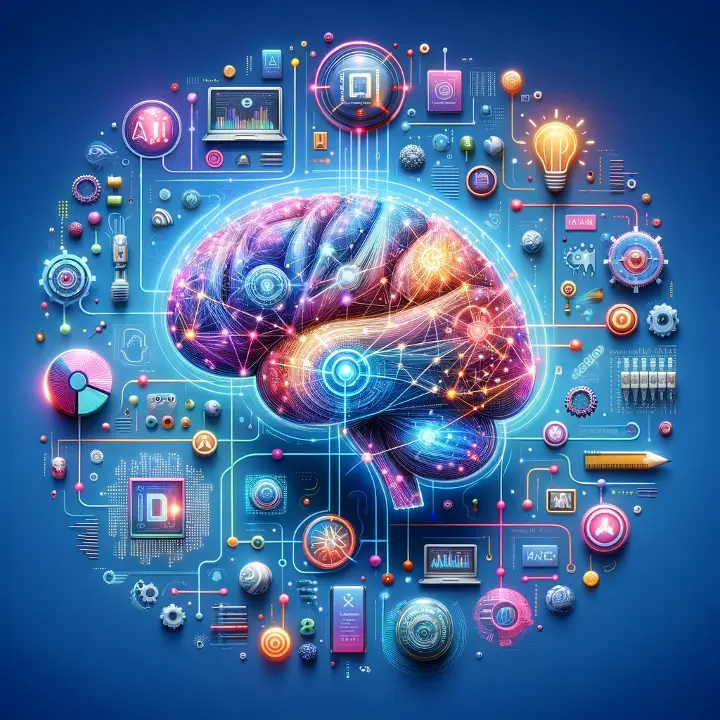Artificial Intelligence (AI) is rapidly transforming our world. From self-driving cars to virtual assistants, AI is becoming an increasingly integral part of our daily lives. But what exactly is AI, and how is it changing the way we live and work?
What is AI?
AI refers to the development of computer systems that can perform tasks that typically require human intelligence, such as learning, reasoning, problem-solving, and perception. These systems can be designed to mimic human thought processes or to operate independently.
Types of AI
There are two main types of AI:
- Narrow AI: This type of AI is designed to perform specific tasks, such as recognizing faces or playing games.
- General AI: This type of AI is capable of performing any intellectual task that a human can. While we haven't yet achieved general AI, it remains a major goal for researchers.
Applications of AI
AI is being used in a wide range of industries, including:
- Healthcare: AI is being used to develop new drugs, diagnose diseases, and personalize treatment plans.
- Finance: AI is being used to detect fraud, analyze market trends, and provide personalized financial advice.
- Manufacturing: AI is being used to automate production processes and improve efficiency.
- Transportation: AI is being used to develop self-driving cars and improve traffic management.
- Customer service: AI is being used to provide 24/7 customer support through chatbots and virtual assistants.
Ethical Considerations
As AI continues to advance, it is important to consider the ethical implications of its development and use. Some of the key ethical concerns include:
- Job displacement: AI could lead to job losses as machines become capable of performing tasks that were previously done by humans.
- Bias: AI systems can be biased if they are trained on data that is biased.
- Privacy: AI can be used to collect and analyze large amounts of personal data, raising concerns about privacy.
- Autonomous weapons: The development of autonomous weapons raises ethical concerns about the potential for misuse.
Conclusion
AI is a rapidly evolving field with the potential to revolutionize our world. While there are challenges and ethical concerns to address, the benefits of AI are undeniable. As we continue to develop and refine AI technologies, it is important to ensure that they are used responsibly and for the benefit of all.
Sources and related content re...

